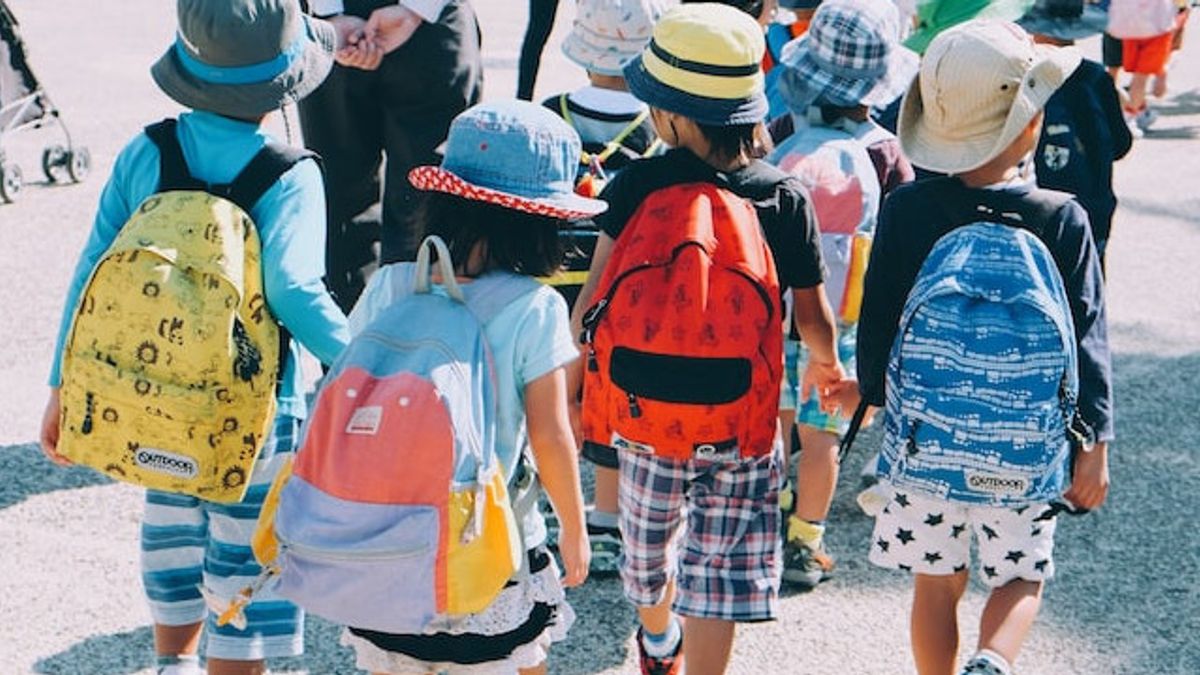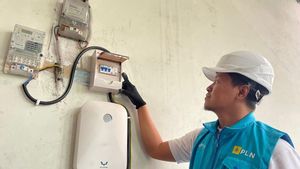JAKARTA - Child and adolescent psychologist from the University of Indonesia Applied Psychology Institute Vera Itabiliana Hadiwidjojo, S.Psi., PSi said the values contained in Pancasila can be instilled in children as early as possible in everyday life.
"Because Pancasila is indeed taken from noble values in life. So since childhood, the dynamics can be started even though the child does not know or understand the term Pancasila itself," he said, as reported by ANTARA, Saturday, October 1.
Vera gave an example of a number of activities that can be done, including inviting children to know or draw closer to God through their daily worship, inviting them to know nature and protect them. In addition, it can also make children know Indonesian cultural arts so that they like them and develop tolerance for children for the differences around them.
Vera said, apart from through empowerment in everyday life, parents can set an example. According to him, the important thing is the appreciation of the value and application in life.
"The problem of remembering is that you can follow it later," he said.
He said whether or not children were interested in Pancasila depends on how the presentation of material and how the application of daily life is so that the ideology of this country is not only limited to memorizing or only an answer to the question during the repeat.
Vera noted, sometimes the cultivation of Pancasila values by parents is overlooked by other things that are seen as more important, such as academic achievements. In addition, she said, it is sometimes easier to use other cultures as references because they look more attractive to tourist attractions made to resemble places abroad than to display Indonesian real identity.
Then, coinciding with the commemoration of Pancasila's Sanitation Day on October 1, Vera reminded the need for people to accept and implement Pancasila in the life of the nation because it comes from the noble values of the nation. "For parents or educators, try to unravel these values in simple and concrete form to be exemplified and then finally absorbed and applied by children," she said.
The English, Chinese, Japanese, Arabic, and French versions are automatically generated by the AI. So there may still be inaccuracies in translating, please always see Indonesian as our main language. (system supported by DigitalSiber.id)













